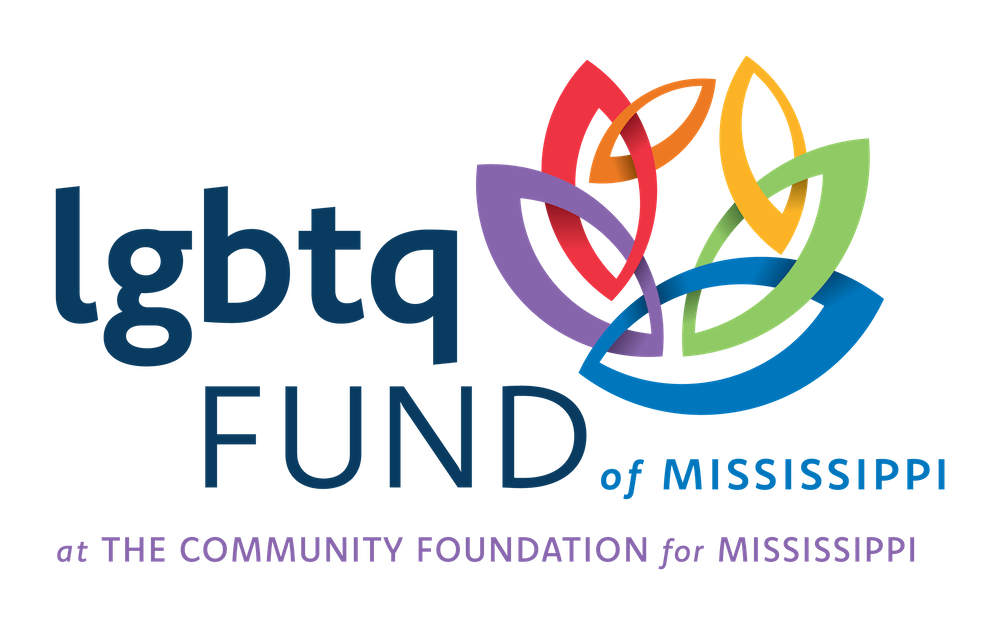

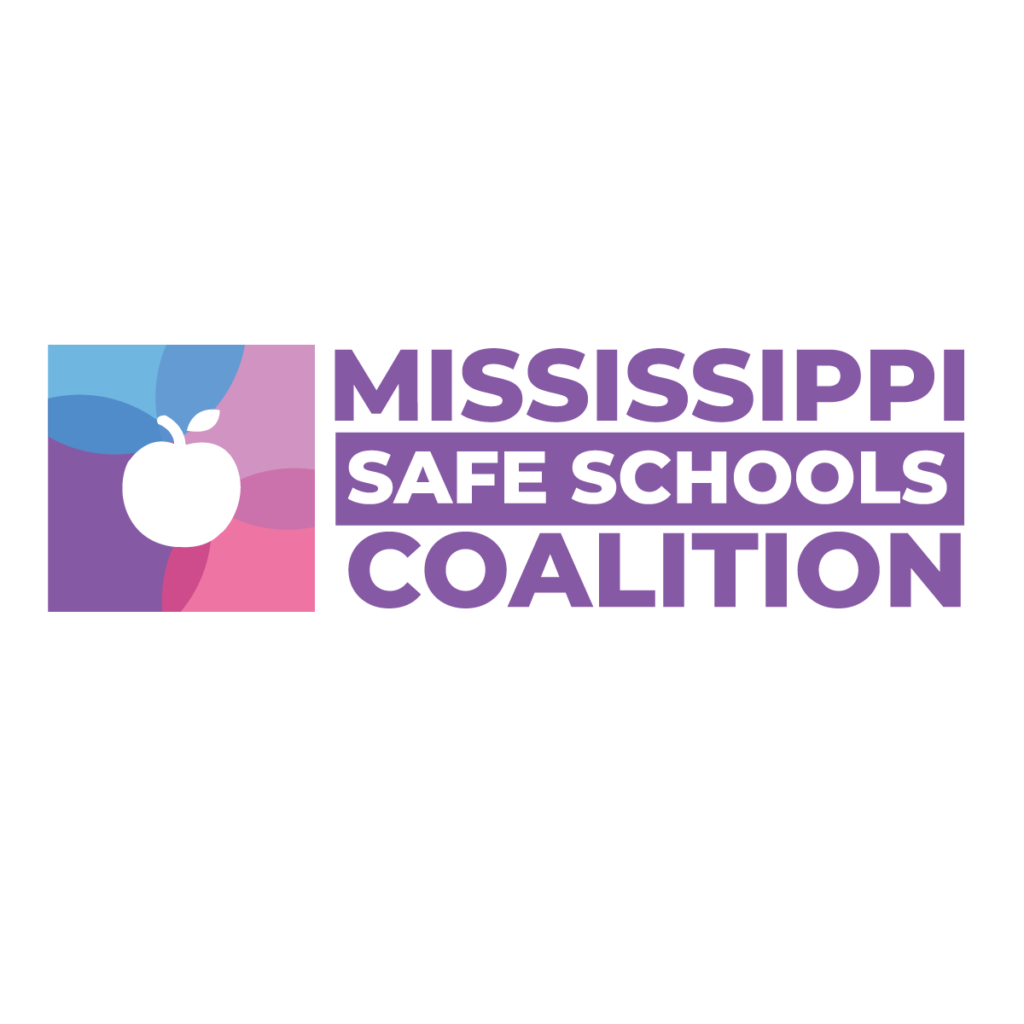
The Mississippi Safe Schools Coalition, a nonprofit working to make schools safer and
inclusive for LGBTQ youth, today announced the launch of its inaugural Gender and Sexuality Alliance
Conference (GSACon) that will provide students with an opportunity to connect with other LGBTQ teens
and learn about the expansive network of resources for LGBTQ Mississippians.
Mississippi is one of 30 states without laws prohibiting discrimination against students based on both
sexual orientation and gender identity and lacks policies on treatment of transgender, nonbinary, and
gender-nonconforming students. Given Mississippi’s history of LGBTQ discrimination, GSAs have emerged
as more than just safe spaces for LGBTQ students but also have become vehicles for deep social change
related to gender, public policy, and educational justice.
“At a time when LGBTQ teens are under tremendous attack by their own elected officials, community and resource sharing is more important than ever. We are excited and hopeful for the impact MSSC’s first-ever conference for teens will have on the future of this state,” said the conference organizer, Jack Hoda.
Throughout the conference students will hear from a variety of speakers. The GSACon will feature
speakers from the Human Rights Campaign, The Future Perfect Project, Teens P.A.C.T., and the National
GSA Network.
“As the only organization in our state working to support and protect the rights of LGBTQ students, our
organization’s work is timely and necessary. A paradigm shift is only possible when we build the capacity
of LGBTQ students to use their voices as weapons for change,” said Executive Director, Justin Lofton.
The conference will be held virtually on Saturday, April 24.
For more information about GSACon or to register, please visit them online.
Founded in 2010, the Mississippi Safe Schools Coalition works to ensure that LGBTQ2+, nonbinary, and
gender non-conforming students from across Mississippi can attain a safe and inclusive, high-quality
education free of discrimination and bullying. They envision a Mississippi where students, regardless of real
or perceived sexual orientation, gender identity, or gender expression, have equal protections and the
opportunity to grow and learn in a safe environment.
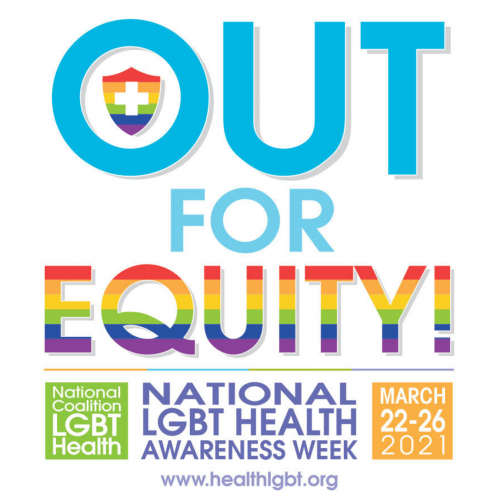
March 22-26 is LGBTQ Health Awareness Week! This year’s theme, “Out for Equity”, arises from the Coalition’s Inaugural State of LGBTQ Health National Survey, highlighting the need for ongoing engagement of the LGBTQ+ community on healthcare issues. This theme is intended to motivate our communities to be “OUT for Equity” by advocating for LGBTQ+ health.
We’ve rounded up some facts from the assessment with Mississippi State University, as well as some of our past grantees that provide resources for mental and physical health.
78% of respondents reported being called by their preferred name and pronouns by healthcare providers, and 45% respondents reported being out to their healthcare professionals about their sexuality. 72% of trans respondents report delaying treatment for health problems because of concerns surrounding their treatment by healthcare professionals and staff. [Source: Findings from the Needs Assessment]
LGBTQ+ communities have unique healthcare needs and deserve access to equitable, culturally competent care, and they shouldn’t have to leave the state of Mississippi to find proper and affordable care.
The University of Mississippi Medical Center TEAM (Trustworthy, Evidence-Based, Affirming, and Multidisciplinary) Clinic is designed to serve the LGBTQ community in Mississippi. It is a collection of different departments across the UMMC campus that operates on the first Friday of each month to see patients at one of their outpatient locations.
The clinic does primary care for members of the LGBTQ community and is currently working to grow and improve the array of services that they have for patients. They are sponsored by the Center for LGBTQ Health at UMMC, focusing on clinical care, education work, and research.
The TEAM Clinic offers specialized services that promote the physical and mental well-being of LGBTQ individuals, like primary care, gender affirmative medicine and hormone therapy, HIV/STD screening and treatment, and behavioral health services, including therapy and medication management.
“The vision is for people who are LGBTQ to feel that they are equal to everyone else and that they are valued like everyone else. That their health matters, like everyone else. I want the population here in Mississippi to thrive and feel that their life has meaning and purpose,” said Dr. Scott Rodgers, Professor and Chair of the Department of Psychiatry and Human Behavior at UMMC.
Give them a call at (601) 984-6925 to schedule an appointment, or visit their website for more information.
Grace Christian Counseling is a nonprofit professional counseling service addressing issues ranging from marital and family challenges to mental health-related disorders.
Grace Christian Counseling will be using the grant money from the LGBTQ Fund of Mississippi to increase marketing for their services, increase access to people all over Mississippi through telehealth, and provide LGBTQ support groups.
“We tend to create group counseling services, particularly targeting LGBTQ-identifying persons, and we want to put ourselves in places where we can share with people what we do and what our services are. We want to connect and network across the state with organizations and individuals that are allies or who identify as LGBTQ members, so that we can get the word out that we are a safe place to go. We are prepared to provide care, support, empathy and understanding for all persons, but particularly LGBTQ,” said Walter Frazier, Executive Director at Grace Christian Counseling.
Grace Christian Counseling is available for in-person and virtual meetings with groups, individuals, or leaders and is also available to speak at events or to groups. They also have a referral base of medical professionals that are allies to the LGBTQ community, who are prepared and trained to provide those services. For more information, call 601-636-5703 or visit their website.
Statement on SB 2536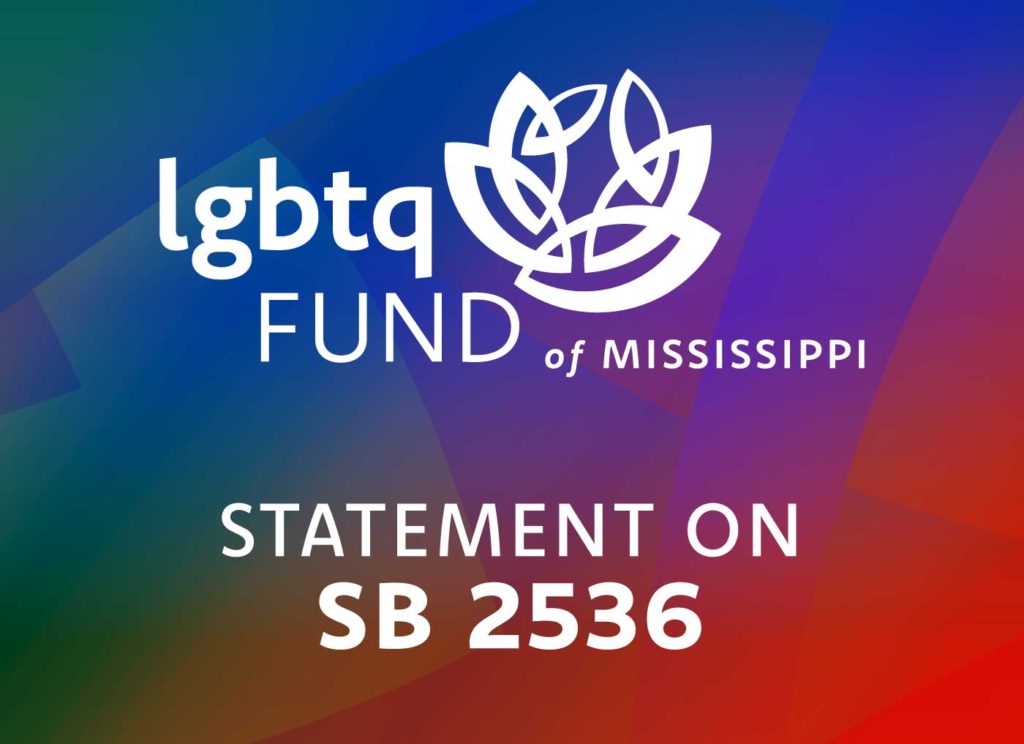
The LGBTQ Fund of Mississippi knows that communities and organizations across the state are working to make things more welcoming for Trans people. It saddens us to see a law that targets Trans Mississippians instead of showing the hospitality of which our state is capable.
The LGBTQ Fund is committed to the dignity and worth of all Mississippi’s LGBTQ+ citizens, and we strive to develop and invest in resources that support a state where all LGBTQ Mississippians live safely, openly and without isolation, prejudice, and discrimination.
LGBTQ Fund of Mississippi Opens Applications for Statewide Grants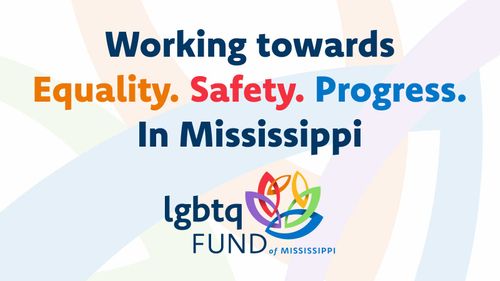
The LGBTQ Fund of Mississippi, a field of interest fund at The Community Foundation for Mississippi, opens the second round of applications for statewide grants dedicated to making Mississippi a safe and welcoming state for LGBTQ+ citizens. Last year, the LGBTQ Fund awarded its first round of grant funding, totaling $112,709 for 15 organizations. The grant applications open on Feb. 15, and the deadline for applications is April 1.
The Fund identifies emerging needs and provides financial support that enhance the work of organizations addressing issues important to LGBTQ Mississippians. Prior to its formation, the LGBTQ Fund partnered with Mississippi State University to conduct a statewide needs assessment to make sure that their funding targets areas where people will benefit the most.
One of the grantees from 2020, Deroll Barrett of Youth Improvement Services, spoke to the benefits of partnering with the LGBTQ Fund of Mississippi.
“Being a grantee partner allowed us to respond to the needs of trans and gender non-conforming youth who experienced homelessness during the global healthcare crisis. We are truly grateful to the donors and the team at the LGBTQ Fund of Mississippi for the life-changing work they are doing,” said Barrett.
To apply for a grant, download all the information related to proposal development, making sure to read them carefully — an incomplete submission cannot be considered for funding. If you have questions or need help completing the proposal, or if you plan to submit a proposal, email Sammy Moon at sammy.moon@alliancems.org.
Tax-deductible gifts to the LGBTQ Fund of Mississippi can be made through the website at www.lgbtqfundms.org or mailed to P.O. Box 55903, Jackson, MS 39296.
***
About the LGBTQ Fund of Mississippi
The LGBTQ Fund of Mississippi, a charitable fund housed at the Community Foundation for Mississippi, envisions a state where all LGBTQ Mississippians live safely, openly and without isolation, prejudice, and discrimination. Learn more about the LGBTQ Fund of Mississippi and see the detailed needs assessment report at www.lgbtqfundms.org.
Justice for Dominique Jackson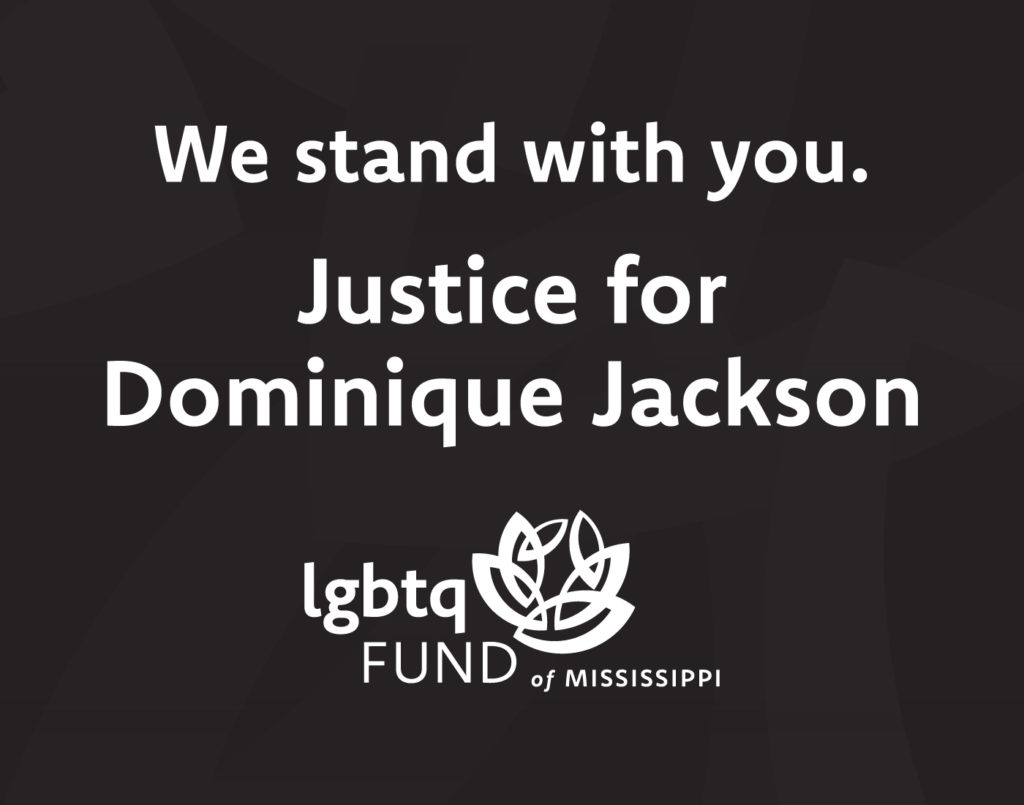
Dominique Jackson, an African American trans woman, was murdered in Jackson on January 25, 2021. Dominique co-founded BreakOUT! in New Orleans. The LGBTQ Fund of Mississippi condemns violence against trans individuals while noting the most vulnerable community — trans individuals of color. To all transgender Southerners, we see you and we care about you. We are here with you, and you are not alone.
Grantee Spotlight: Grace House & Capital City Pride
Grace House is the largest nonprofit housing provider in Mississippi providing transitional housing and assistance for people living with HIV, poverty, chemical dependency, or housing insecurities. Grace House also has several transitional homes in the Belhaven area for women with substance abuse problems. Grace House pays rent for about 480 people in the metro Jackson area who are living with HIV.
“When people are homeless, they are less likely to take their HIV medication. They are less likely to be able to secure employment, because they don’t have an address to be able to have a job. More importantly, they can’t vote. If you’re on medication and become undetectable then you will not transmit HIV. That is the main focus, to get people on their antivirals and become undetectable to stop the spread of HIV, ” said Jason McCarty, the Chair of Capital City Pride and a board member of Grace House.

The grant money from the LGBTQ Fund of Mississippi will be used to put on Capital City Pride, a two-day Pride celebration, October 16-17, 2020, with a healthcare component, benefiting their 2020 Benefactor: Grace House. Healthcare units on site will test people for HIV, and problems like diabetes, high blood pressure, etc.
Capital City Pride is made up by a 12 person Steering Committee. Its Committee Members represent all sexual orientations and are a diverse group of people of different races and ages. The event plans to have a different benefactor every year.
Jackson is number four in the country for HIV diagnoses, and the highest rate of diagnoses for HIV is among gay Black men.
“This is a great opportunity to knit our community together. This particular year, Capital City Pride is focusing on the aspect of HIV involvement and how it’s disproportionate in our community,” said McCarty.
Grace House will also be putting together a 30 second video that will go over HIV stigma in the community, showing the video at Capital City Pride and via social media.
“HIV is preventable, but yet in 2020, we’re still leading in diagnoses. This is an amazing opportunity for us to shine a light on something that doesn’t feel comfortable,” said McCarty.
McCarty also hopes to highlight the fact that HIV can be stopped from spreading, either by taking their medicine and becoming undetectable or by using PREP, a medication that someone can take daily to stop the spread.
“What this is doing is really bringing a spotlight back to show that gay people matter. LGBTQ people matter. That they do have a voice. They have a powerful voice. They are a voting bloc. They are people who care and who pay taxes and deserve the same respect that everyone else deserves. Also, people can be diagnosed with HIV today and not die from it anymore. How powerful is that? I just don’t think that we talk about it enough,” said McCarty.
“Well-being means that there is no discrimination. It means that they can get proper housing and not be scared of someone finding out their status or that they are LGBTQ. It means that people can live freely in this state and be happy, they can hold hands and walk in public and be proud of who they are. And more importantly, they can share their story,” said McCarty.
To learn more about Grace House, visit their website. To learn more about Capital City Pride, visit their website, Facebook, or Instagram.
Grantee Spotlight: Freedom Summer Collegiate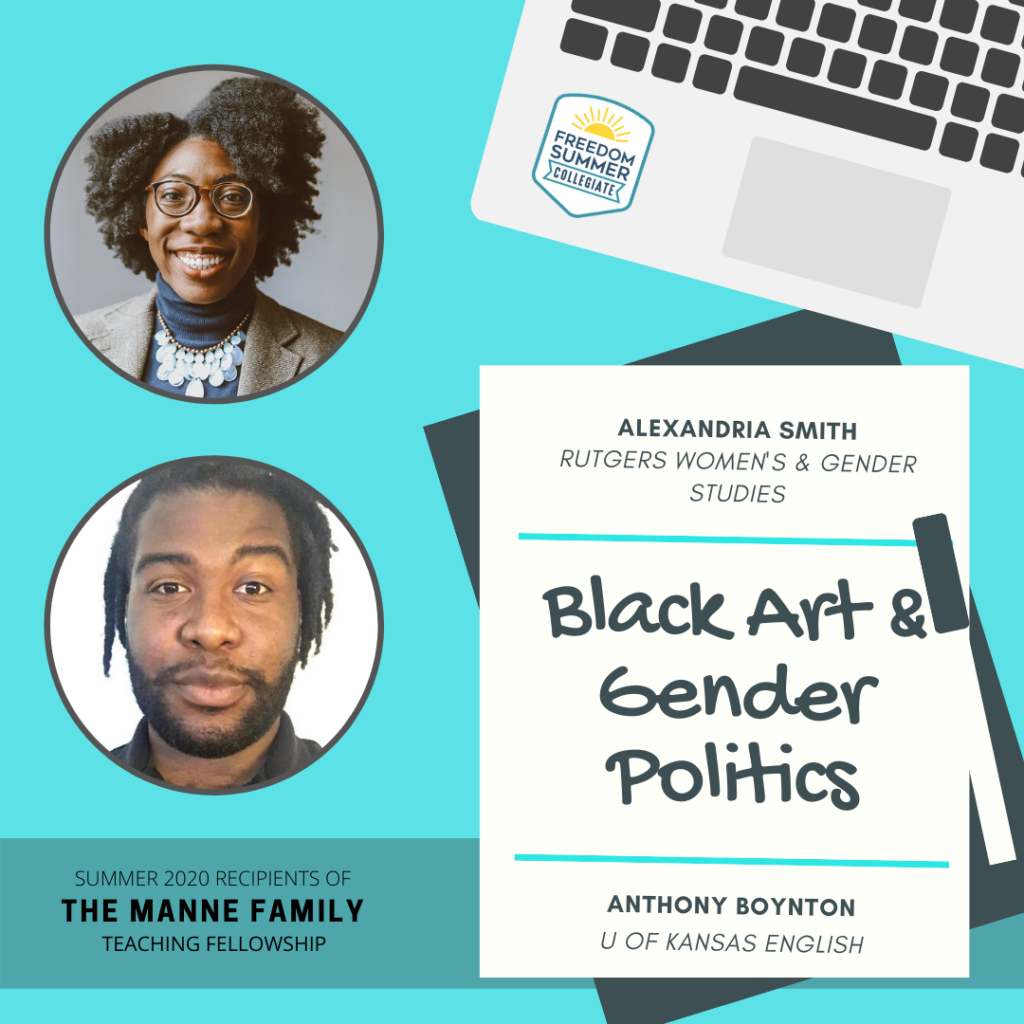
Freedom Summer Collegiate is a summer academic enrichment program for high school students. The program recruits, trains, and funds doctoral candidates to provide transformative summer seminars to college-bound high school students in underserved communities throughout Mississippi and Arkansas.
The grant money from the LGBTQ Fund of Mississippi is funding the class “Black Art & Gender Politics,” taught by Anthony Boynton, a PhD candidate at the University of Kansas, and Alexandria Smith, a PhD candidate in Women’s Gender and Sexuality Studies at Rutgers University. This class is taking place at the Meridian Freedom Project in Mississippi and runs for five weeks.
“This is a great opportunity for both of us to bring our interests in Black queer studies and Black queer literature and art to students. Integral to that study is for us to understand how race, and specifically Blackness, has always informed gender. In our early classes, we started by talking with students about how slavery in the US was neither the beginning of race, nor the beginning of gender, so that we could understand how blackness and gender interact in the US today,” said Smith.
“As a queer person who did not have spaces that affirmed my queerness as a child, I think I faced a lot of ambivalence that in itself was damaging. One of our shared goals is to move beyond ambivalence, to talk about Black queer subjects like individuals, people, and cultural moments and movements, in a way that affirms them through trying to understand it. I think by us really closely examining these things, and saying that the ways we build expectations around gender is worth studying, we are able to move out of that kind of ambivalence or dismissal and celebrate Black queerness through studying and paying attention to it,” said Smith.
“I, as a Black queer person, face ambivalence and violence in different ways, especially growing up in the church and growing up in the south. I think there are different ways violence has come upon me because of me not being heterosexual. Some of that violence was through the erasure of these histories. Showing these histories is affirmative because it gives representation for what’s possible,” said Boynton.
The course will answer questions such as: What informs the Black art that is created, the Black art that is made popular, and the Black art we don’t know about? How have shifts in U.S. politics and social movements altered the art of its time and thereafter? How does one’s gender impact the way that someone experiences being Black?
“I think it’s important for these African-American students to be taught by two Black queer African-American PhD candidates. And not just for the visual representation of it, but because our experiences as Black queer people navigating different kinds of spaces, and as people who are familiar with some of the cultural contexts these students are growing up within, we bring that to bear on the way that the way that we teach, the ways that we relate to the students as people,” said Smith.
“This work can’t stop and start here. We hope that this isn’t the last time that students engage in some sort of way with LGBTQ topics. Sadly that is what happens in a lot of school systems,” said Boynton.
To learn more about Freedom Summer Collegiate, visit their Facebook or website.
Grantee Spotlight: Fondren Presbyterian Church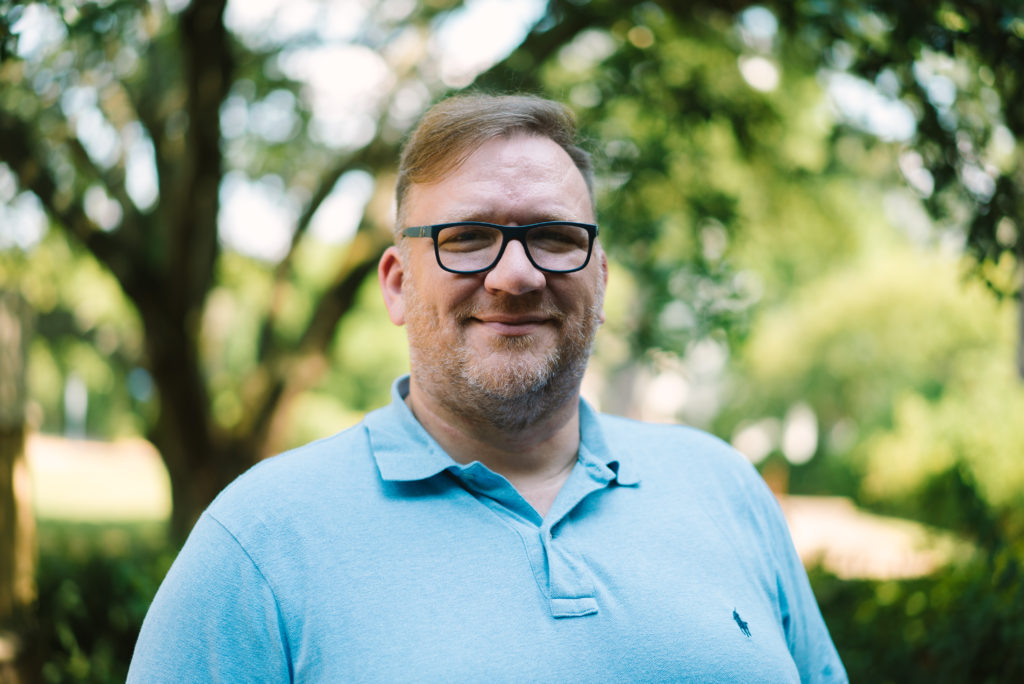
Using the grant from the LGBTQ Fund of Mississippi, Fondren Presbyterian will work with similar organizations throughout the state to build a Gender and Sexual Diversity Interfaith Collaborative. The Interfaith Collaborative will model best practices from other cities to implement in Mississippi coalitions.
“The…South has the largest population of LGBTQ Americans in the country. It’s also the place where the community’s rights are most at risk and where the community has the most difficulty building community. Our hope is that we will be a resource and a starting point for both building community for the LGBTQ community and allies, and also educating the broader community to hopefully break down some of the walls that stand between the community and the broader culture,” said Rob Lowry, pastor and head of staff at Fondren Presbyterian Church.
This collaborative will leverage the work of faith communities to bring together people working for change for the LGBTQ community.
“Anytime a part of our broader community is partialled off and marginalized, our community suffers as a whole. I believe that it’s important for everyone to have a seat at the table and for everyone to have the resources and opportunities that are shared by their neighbors. It is also fundamentally a matter of justice. We have a responsibility as religious communities to work for justice in our communities more broadly. Speaking as a Protestant Christian–I don’t want to speak for any other faith community–but in my tradition, working towards the equality of people and working towards building the dignity of every person is essential to our identity,” said Lowry.
This collaborative will be for the entire community, including people of any faith or people of no faith. Anyone who wants to be a part of the conversation is welcome to join. Lowry hopes that this will be the start of the conversation and that this collaborative will grow to the broader Mississippi community.
“Being homegrown means that we will be able to address the specific needs in Mississippi. For example, Mississippi has a higher proportion of people in marginalized communities who are LGBTQ. That is a reality that is different than it would be in another city, so having a locally grown, locally organized, and locally led coalition means that we will be responding to the specific needs within our community and doing that within the specific context of our state.”
“These conversations are happening in Mississippi, and they are happening within faith communities and in a broad and robust way. I hope people will take away a sense of invitation to be a part of the conversation. This is a table that will grow as much as it needs to to fit everyone who wants to sit around it. That is fundamental to our work. We want to have room for everyone who wants to be a part of the conversation to be a part.”
“We have one of the highest church attendance rates and people identify with their religious community in larger numbers and often greater depth than any other place in the country. So, religious communities are a big part of our broader community as individuals. It’s important that we engage those places of deep commitment and deep involvement that people have. For far too long, the LGBTQ community has felt marginalized by the religious community and often unwelcome in it. We would love to break down the assumption that there’s no room in religious communities for LGBTQ Mississippians. You know, I’m a pastor of a protestant church in Jackson, and I’m an openly gay man whose congregation loves my husband to be. Those places are real, and those communities exist, and we want people to know that,” said Lowry.
Keep up to date with Fondren Presbyterian Church and the Gender and Sexual Diversity Interfaith Collaborative via their website or Facebook.
Grantee Spotlight: ACLU’s Transgender Education and Advocacy Program (TEAP)
The American Civil Liberties Union (ACLU) works to promote, defend, and extend civil liberties to all Mississippians, through general advocacy, legislative work, and litigation, as well as community education. The ACLU of Mississippi created a campaign called the WAAM (We Are All Mississippi) Campaign that works to ensure that all Mississippians are free from discrimination. As an extention of WAAM, the ACLU created the Transgender Education and Advocacy Program (TEAP). TEAP is an advocacy led project and consists of a coalition, volunteer key leaders who are transgender (trans) and gender non-conforming (GNC), LGBTQ focused organizations, and ally groups from across the state.
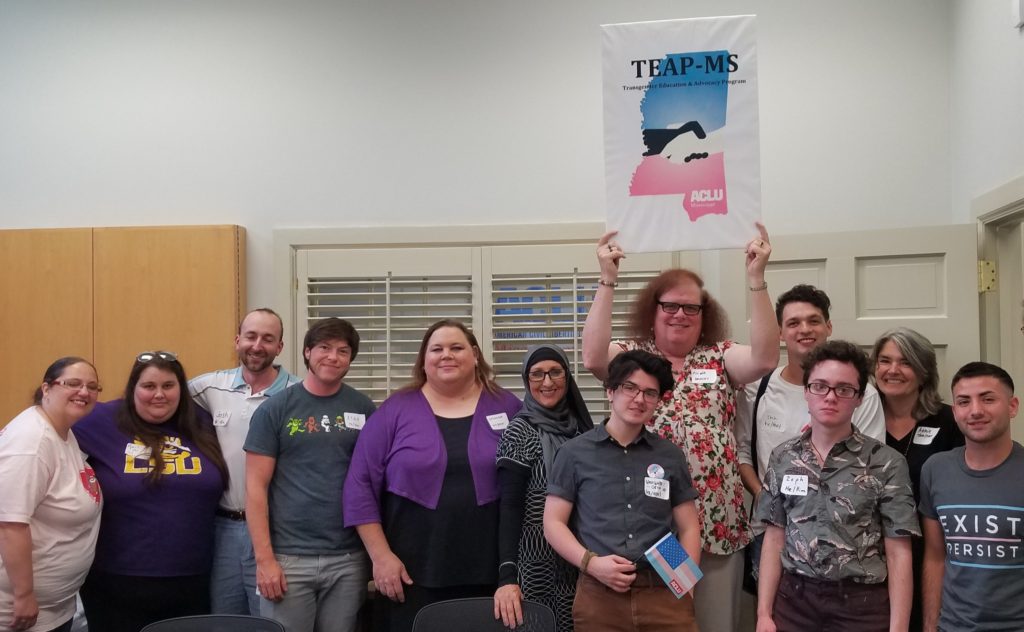
The goal of TEAP is to make sure that all trans and GNC people are treated with dignity and respect, and that they have the same rights, opportunities and protections as everybody else. TEAP does this through coalition building, advocate leadership, public education and strategic communications. With the grant from LGBTQ Fund of Mississippi, TEAP is working on three different initiatives: ID Me, the “I, Too, Am Mississippi” Storytelling Project, and pastoral care training sessions.
ID Me is an initiative that assists trans and GNC Mississippians through the process of name and gender marker change.
“There are many barriers in place in the state of Mississippi in regard to gender marker change on legal documentation, and we need proper legal identification for many reasons in life. It is all too common that trans people do not have proper identification that match their identity, and therefore they do not have equal opportunity and access to basic things like healthcare, housing, employment,” said Jensen Matar, TEAP Coordinator at ACLU of Mississippi..
TEAP will be working with various entities, ranging from the Department of Health and Human Services for birth certificate changes to the Department of Public Safety (DPS) for drivers licenses and state IDs. TEAP recently put together a statewide survey to gain a better understanding of trans and GNC peoples’ experiences when going through the process of gender marker change, and they are now working with the DPS about clarifying policy through education and understanding of data.
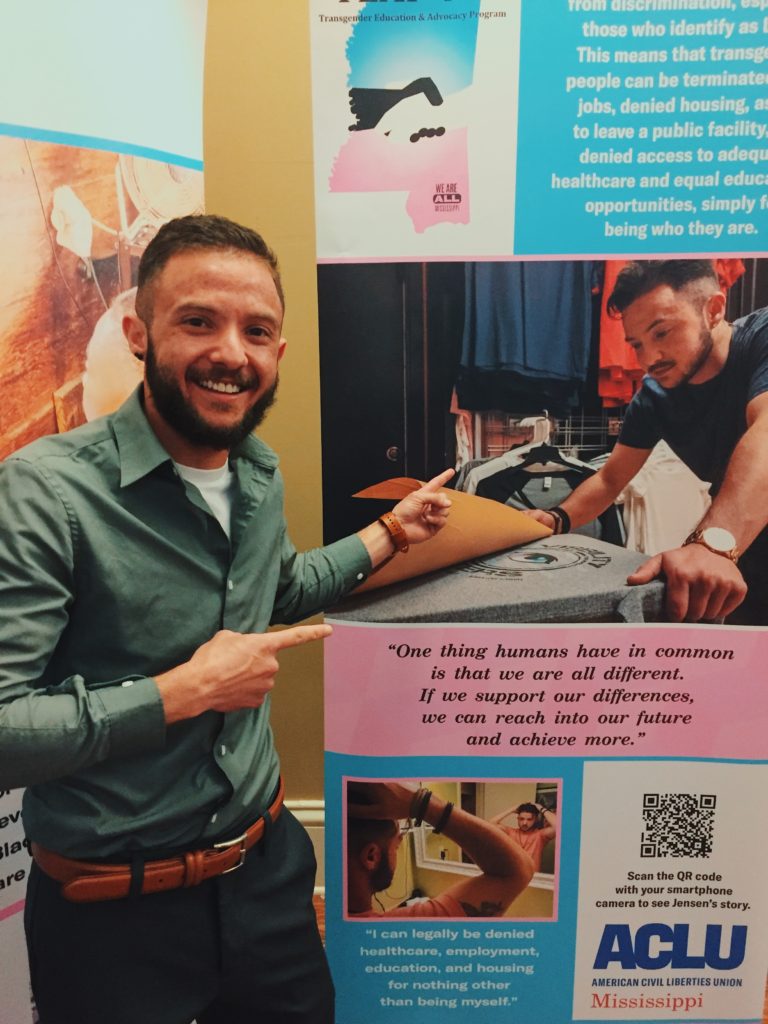
The “I, Too, Am Mississippi” Storytelling Project began last year, when TEAP was able to tell the story of 5 transgender Mississippians through video and pictures.
“This challenges the restrictive narratives about who gets to truly belong in Mississippi and participate fully. We want to unpack bias, really. This year, we want to do a relaunch where we incorporate stories of transgender and GNC youth, as well as trans people of color” said Matar.
TEAP will also hold pastoral care training sessions. Pastoral care training sessions will be five-hour-long trainings that teach the faith community of various denominations how to understand, support, and include gender diversity in their faith.
“The trans community is extremely marginalized. I’m a trans person myself, and I have the lived experience of discrimination and lack of access to necessities: being denied services, threatened of my basic human rights. Everyone deserves to be treated with dignity and respect, afforded the same rights, opportunities, and protections. There’s a lot of work that needs to happen.”
“In order to impact true genuine change, it needs to happen from within. We need to have that aha moment. We need to see that the efforts are being done here. It comes across as more genuine.People who call Mississippi home understand the people and the culture of the state. Therefore, they truly do know what’s best. They know how to shift culture and how to relate to others in a way where we are truly impacting our general understanding of trans issues, moving forward and progressing in regard to trans education and advocacy, and other issues surrounding the LGBTQ community. I think that the movement really does have to come from within, because we know best. We know this state,” said Matar.
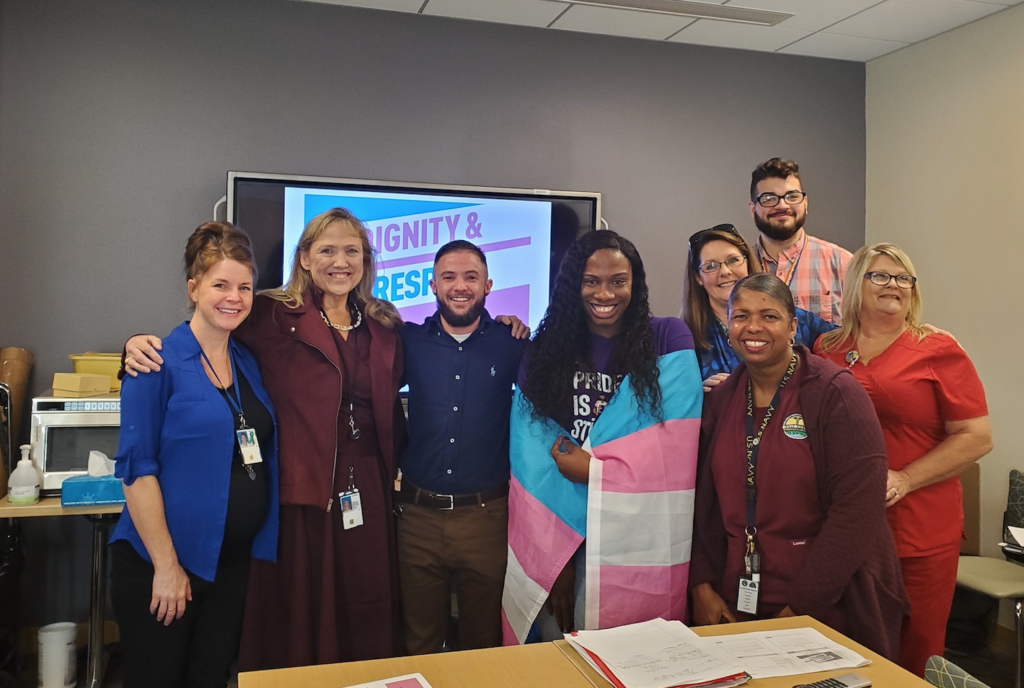
Due to the COVID-19 pandemic, TEAP has taken on weekly support calls entitled TEAP Tuesdays. People around the state are encouraged to participate, and the option of participating anonymously is also available upon request.
For more information and to get involved with the ACLU of Mississippi and TEAP, email teapms@aclu-ms.org or visit their website. Follow ACLU of Mississippi on Instagram, Facebook, and Twitter. There is also a Facebook for We Are All Mississippi, where you can keep up with TEAP specific initiatives and content.
Grantee Spotlight: Love Me Unlimited 4 Life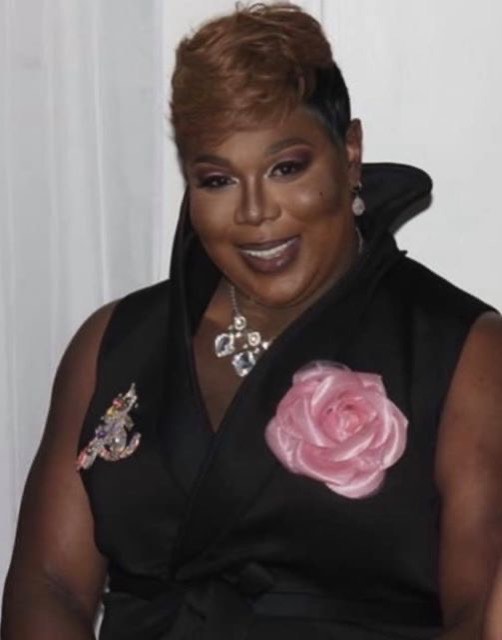
Based in Jackson, Love Me Unlimited 4 Life is the only trans-led organization in the state of Mississippi. The organization emerged out of a pursuit to inspire and support the community, especially the transgender and non-binary community, while having a desire for actions to speak louder than words.
Love Me Unlimited 4 Life was established in 2016 by CEO Evonné Kaho to assist the transgender community. Kaho hopes to bring awareness and make a difference in the lives of the transgender community members victimized or struggling with themselves.
“Being the only trans-led organization does us good, because a lot of people, especially in the African American community, and a lot of organizations do not listen to trans-specific or non-binary people,” said Kaho. “In general, it’s okay to be a lesbian, it’s okay to be a gay male, but being trans or non-binary, that’s when more of the stigma comes in.”
“So, I think if we bring everybody together and show people that there are trans and non-binary people in the community doing the work, they will start to say, ‘Oh, I see that they’re equal,’” said Kaho.
Love Me Unlimited 4 Life will be using the grant money from the LGBTQ Fund of Mississippi to host a community fair in Jackson. They will invite LGBTQ businesses, along with several others, to come together for an event similar to a job fair. Kaho hopes that the fair will show the local community of the work that the LGBTQ community is doing, and it will lead to people collaborating with other organizations or getting hired.
Love Me Unlimited 4 Life also plans to have a community barbecue event, where they will give away free food and care packages, containing items like face masks and hand sanitizer, to people in the LGBTQ community.
“The stigma in the south, especially towards trans people and non-binary people, is that it’s okay to be gay in Jackson, but when you fall out of that binary or go into non-binary, it becomes a problem. Mississippi has to change. WIth the laws and everything, the only way Mississippi is going to change is if people like myself and other people step up at the forefront and show the community that we are here, and we deserve the same life as the next person,” said Kaho.
With the community fair, Love Me Unlimited 4 Life’s goal is to open up opportunities for those who might otherwise face discrimination.
“I want people to learn that all people are supposed to be created equally, including trans people. Well-being to me is making sure that all trans people are treated well in the South, especially in Mississippi. I want to help people of my kind. We are constantly under attack, especially by the current administration. We need to address this locally and work to change it,” said Kaho.
Learn more about Love Me Unlimited 4 Life at their website or contact them at unlimited.love4life@gmail.com.
Your support allows us to distribute more funds to where they’ll have the most impact in Mississippi.
Donate